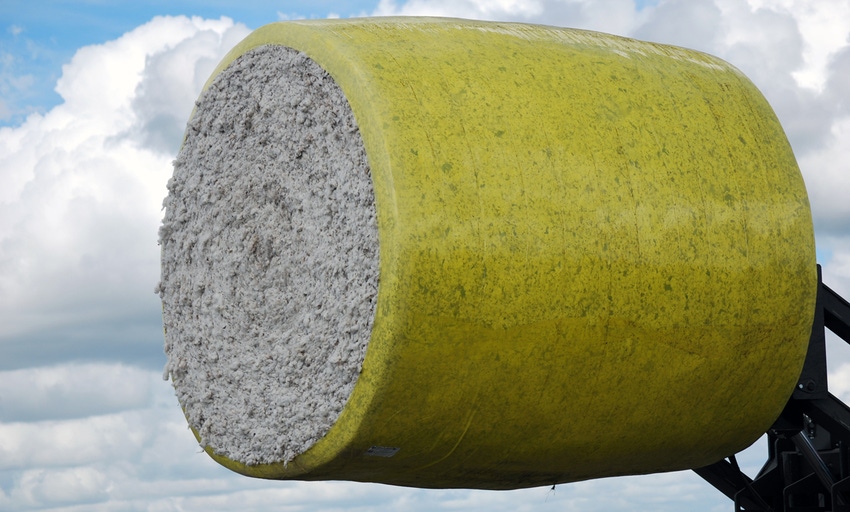
The same day media reports had Agriculture Secretary Tom Vilsack saying “no” to designating cottonseed as an other oilseed, USDA granted the cotton industry’s request to allow the purchase of certificates for redeeming commodities from the marketing loan program.
Whether that was a coincidence or not, it does underscore the fact USDA is trying to be helpful to cotton producers at a time when market forces, including foreign government subsidies and cheap oil prices, are working against them.
Producers who have crops pledged as collateral for a marketing assistance loan can now purchase a commodity certificate that may be exchanged for the outstanding loan collateral. The authority is provided by the 2016 Consolidated Appropriations Act, legislation enacted by Congress in December.
Marketing certificates do not count against payment limitations for farm program benefits under the Agricultural Act of 2014, or the farm bill.
USDA said commodity certificates are available beginning with the 2015 crop in situations where the applicable marketing assistance loan rate exceeds the exchange rate. Currently, the only eligible commodity is cotton.
“There is a long history of certificates being available as part of the MLP to ensure the program functions as intended, allowing commodities to continue to flow to the marketplace and end users, and to prevent the forfeiture of commodities to USDA,” the National Cotton Council said in a press release.
Allows the marketing loan to function
In periods of depressed commodity prices, the MLP cannot function as intended to provide a minimum level of price stability to producers, council officials said.
Under the farm bill, USDA’s Farm Service Agency provides agricultural producers with marketing assistance loans that provide interim cash flow without having to sell the commodities when market prices are at harvest-time lows.
The marketing assistance loans allow the producer to store and delay the sale of the commodity until more favorable market conditions emerge after the harvest rush, while also providing for a more orderly marketing of commodities throughout the marketing year.
The latter are considered “nonrecourse” because the loan can be redeemed by delivering the commodity pledged as collateral to the government as full payment for the loan upon maturity.
Commodity certificates are available to loan holders having outstanding nonrecourse loans for wheat, upland cotton, rice, feed grains, pulse crops (dry peas, lentils, large and small chickpeas), peanuts, wool, soybeans and designated minor oilseeds.
Posted county price
“These certificates can be purchased at the posted county price (or adjusted world price or national posted price) for the quantity of commodity under loan, and must be immediately exchanged for the collateral, satisfying the loan,” USDA officials said.
Cotton Council leaders commended Reps. Robert Aderholt, House Agriculture Appropriations Subcommittee chairman, and Mike Conaway, House Agriculture Committee chairman and Senators Thad Cochran, Senate Appropriations Committee chairman, and Jerry Moran, Senate Agriculture Appropriations Subcommittee chairman,for their efforts to ensure the provision was included in the FY16 Agriculture Appropriations bill.
“In addition, the NCC thanks Agriculture Secretary Vilsack and his team at USDA that have worked since late December to develop the necessary regulations and provisions to implement this critically important provision,” the Council said. “The cotton industry is encouraged to see this functionality and effectiveness restored to the MLP.”
Producers may contact the FSA office that maintains their loan or their loan service agent for additional information. Producers who do business with Cooperative Marketing Associations (CMA) or Designated Marketing Associations (DMA) may contact their respective associations for additional information.
About the Author(s)
You May Also Like






